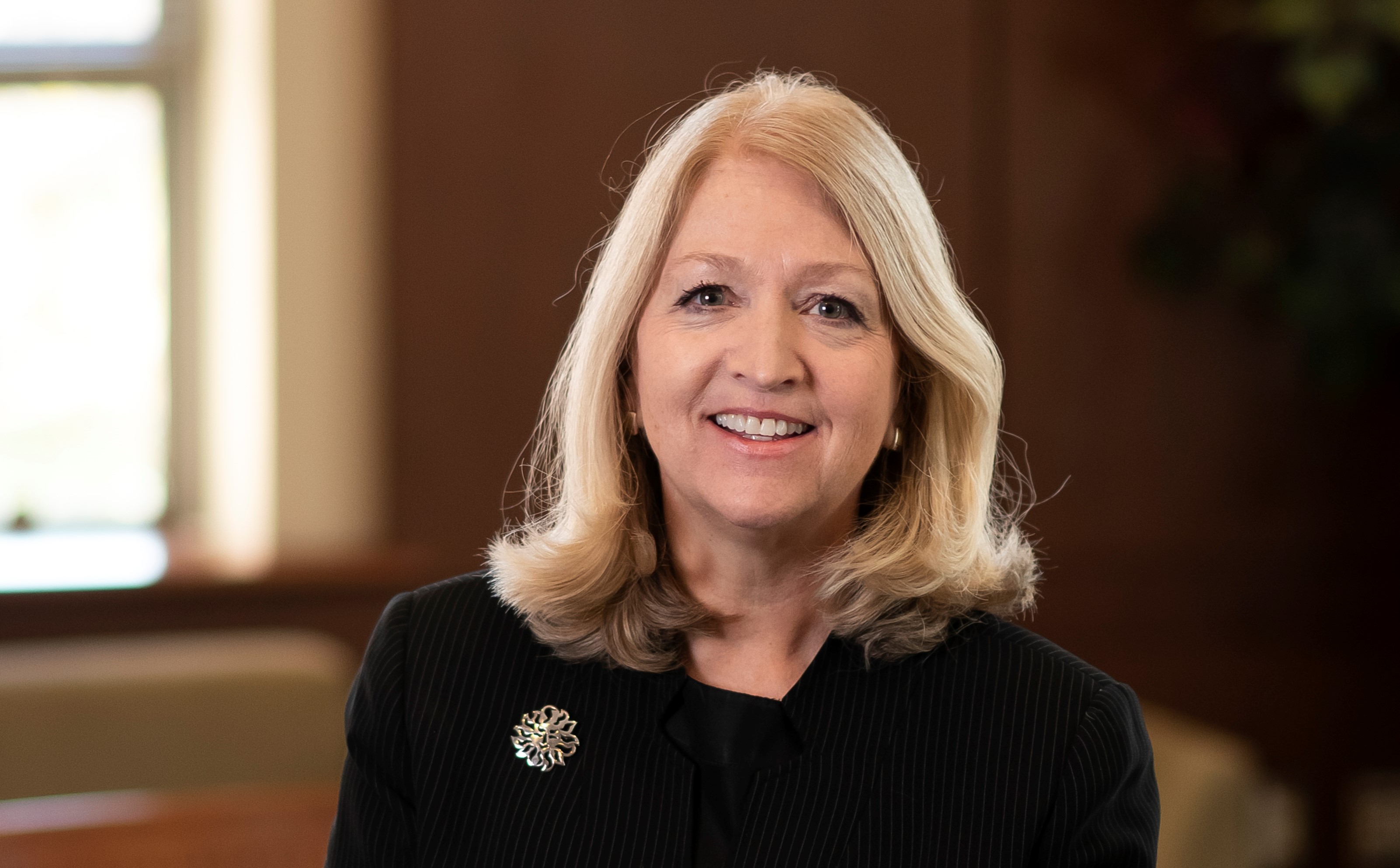Sol & Carlyn Hubert Professor of Law Paula Monopoli was invited to give this spring’s Regula Lecture at the University of Akron’s Center for Constitutional Law. The center is one of only four national resource centers on the U.S. Constitution established by Congress. Previous Regula Lecturers have included constitutional scholars Reva Siegel, Jack Balkin, and Larry Solum.
An internationally recognized scholar of gender and the Constitution, Monopoli’s lecture was titled “Women as Constitution Makers: Revisiting the Nineteenth Amendment after Dobbs.” During her lecture, Monopoli described the surge in legal scholarship about the Nineteenth Amendment to the U.S. Constitution – the woman suffrage amendment - leading up to its centennial in August 2020. But she noted that this scholarly interest around the Nineteenth Amendment peaked two years before the U.S. Supreme Court’s historic decision in Dobbs v. Jackson Women’s Health Organization in June 2022. Her lecture evaluated the meaning of the Nineteenth Amendment in light of the court’s decision in Dobbs.
Monopoli argued that the Nineteenth Amendment should be understood as an amendment that speaks to the nation’s rejection of a monosexual democracy. It is also a constitutional affirmation that a woman’s right to self-determination – including reproductive self-determination - is properly within the purview of the national government as a matter of federalism. In the lecture, Monopoli argued that Dobbs was wrongly decided, in part, because it ignored this constitutional message when it sent decisions about abortion regulation back to state legislatures.
The lecture built on Monopoli’s foundational scholarship around the Nineteenth Amendment. Her book, Constitutional Orphan: Gender Equality and the Nineteenth Amendment was published by Oxford University Press in 2020. It is one of the only scholarly treatments of the legal development of the Nineteenth Amendment in the decade after its ratification. And it examines the failure of the suffrage movement to more fully implement the amendment’s promises for Black women in the years following ratification of an amendment that – on paper – prohibited states from denying all women the vote. Finally, the book evaluates the role that the failure to enact enforcement legislation played in the amendment’s ultimately narrow interpretation by state and federal courts.

